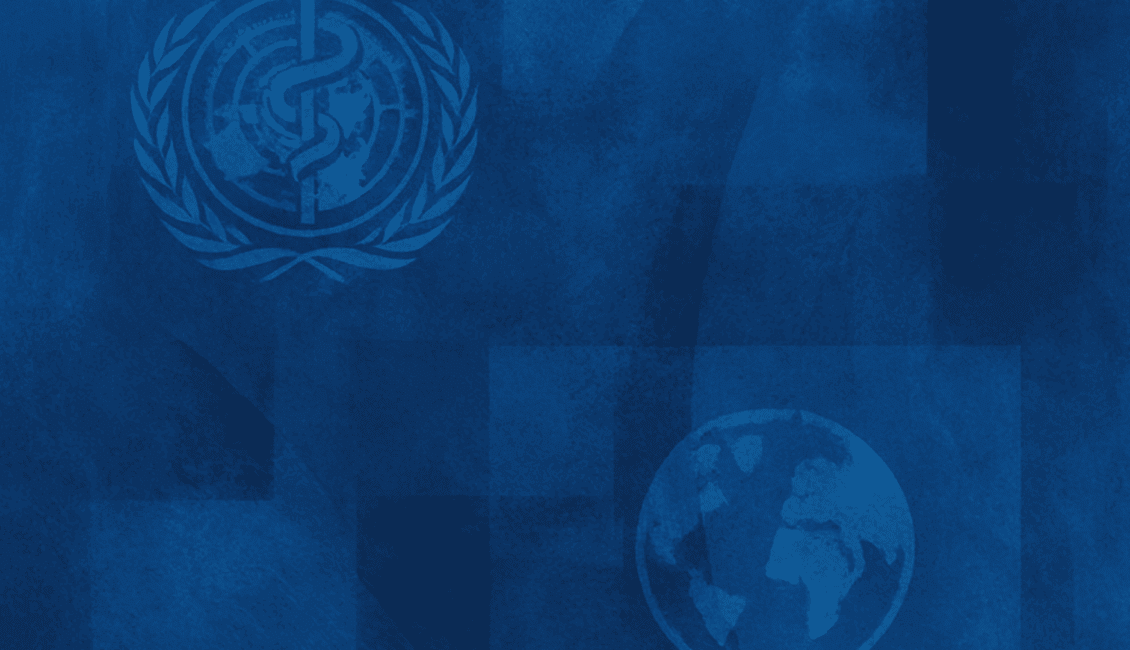
The document will also be discussed in October at the 3rd World Congress on TCIM, which will take place for the first time in Latin America, in Rio de Janeiro.
During the 78th World Health Assembly, held from May 19 to 27 in Geneva, the Member States of the World Health Organization (WHO) approved the new Global Strategy on Traditional, Complementary and Integrative Medicine (TCIM) 2025–2034. The document, which outlines guidelines to strengthen the evidence base, regulation, and integration of TCIM into health systems, will be presented and discussed at the 3rd World Congress on Traditional, Complementary and Integrative Medicine (3rd WCTCIM), taking place in October in Rio de Janeiro, Brazil.
Key Topics of the Assembly
The 78th World Health Assembly brought together ministers of health, public health authorities, and representatives of international organizations in Geneva, Switzerland. Under the theme “All for Health, Health for All,” the Assembly addressed global policies aimed at strengthening health systems, focusing on topics such as universal health coverage, climate change, antimicrobial resistance, mental health, women’s and children’s health, and particularly Traditional, Complementary and Integrative Medicine (TCIM).
The discussions centered on integrated and sustainable responses to the contemporary challenges of global health. Among the themes most aligned with TCIM practices were the promotion of mental health, the value of person-centered care, and strategies to incorporate traditional knowledge into public policies. The connection between health and the environment, including sustainability approaches and the “One Health” perspective, was also highlighted.
Launch of the Global Strategy 2025–2034
During the Assembly, WHO officially launched its Global Strategy on TCIM 2025–2034. The document provides guidelines to support countries in integrating TCIM practices into their health systems. The formulation of the Strategy was the result of intensive debates among Member States on crucial points, including the need to establish a robust evidence base for traditional practices, create mechanisms for regulation and safety, develop integrated models of care, and ensure adequate qualification of TCIM professionals.
WHO will assist Member States in strengthening the evidence base on TCIM, promoting the safety, quality, and effectiveness of practices, and, where appropriate, supporting their integration into health systems while encouraging intersectoral collaboration. The implementation and monitoring of the Strategy will be supported by WHO guidance and technical assistance throughout the decade.
The new Strategy proposes an evidence-informed approach based on principles such as health equity, the recognition of Indigenous traditional knowledge and the promotion of their rights, as well as environmental sustainability and biodiversity conservation in the context of TCIM. The initiative aims to expand access to safe healthcare, respect traditional knowledge, and promote community engagement. Implementation will be accompanied by monitoring and review mechanisms through 2034.
According to new WHO data, the use of traditional and complementary medicine remains significant across all world regions. The most common reasons for seeking these practices are the management of noncommunicable diseases—cited by 76% of users—and disease prevention, reported by 68%. In this context, the new WHO Strategy provides fundamental guidance for evaluating the efficacy and safety of these practices, expanding their potential to contribute to more inclusive health systems.
The Strategy aligns with the Sustainable Development Goals and the goal of Universal Health Coverage (UHC), aiming to unlock the full potential of TCIM to improve global health and well-being by 2034.
New Definitions of TCIM
Integrative Medicine
“An evidence-informed, interdisciplinary approach to health and well-being that combines biomedical and traditional and/or complementary medical knowledge, skills, and practices.”
Complementary Medicine
“Complementary medicine refers to additional health practices that are not part of a country’s conventional medical system. Evidence-informed complementary medicine has the potential to support conventional medicine and more comprehensively address people’s health and well-being needs.”
Traditional Medicine
“Traditional medicine refers to codified or non-codified systems for health and well-being care, encompassing practices, skills, knowledge, and philosophies that originate from different historical and cultural contexts, distinct from and predating biomedicine, evolving scientifically from an experience-based origin to current use. It emphasizes natural remedies and holistic, personalized approaches to restoring balance among mind, body, and environment.”
3rd WCTCIM to Bring Together All Six WHO Regions
The Strategy will be presented at the 3rd WCTCIM, which will serve as the platform for discussing its implementation. The congress will convene representatives from all WHO regions and create opportunities for aligning and adapting the document in local contexts. The event will also host the pre-launch of WHO’s Global Library of Traditional Medicine and promote the creation of the Global Alliance of Academic Consortia and Research Institutions in Integrative Health.
The 3rd World Congress on Traditional, Complementary and Integrative Medicine will be held from October 15 to 18, 2025, at Riocentro Convention Center in Rio de Janeiro, Brazil. Organized by the Consórcio Acadêmico Brasileiro de Saúde Integrativa (CABSIN), the International Society for Traditional, Complementary and Integrative Medicine Research (ISCMR), and the European Society of Integrative Medicine (ESIM), the congress will be held for the first time in Latin America.
Its goal is to connect researchers, professionals, and institutional representatives to strengthen global collaboration networks and expand the role of TCIM in public health.
The congress will address strategic topics aligned with contemporary health challenges, such as mental health, integrative oncology, integrative pediatrics, chronic pain, nature-based interventions, Indigenous medicine, Traditional Chinese Medicine, herbal medicine, artificial intelligence, and the promotion of healthy societies.
The six thematic axes of the congress are:
- Diversity of knowledge and health practices
- Integration of TCIM into health systems
- Evidence-informed contributions of TCIM to global public health
- Scientific evidence and innovative methodologies
- Planetary sustainability and health innovation
- Equity and accessibility in evidence-informed public policies
Registration and Submissions Now Open
Registration for the 3rd WCTCIM is now open, with first-tier promotional rates available until May 29, 2025. Students, residents, health managers, and members of partner institutions receive special conditions. Groups of more than 10 participants receive a 30% discount.
Submissions are also open for scientific papers, case reports, and experience reports, as well as proposals for activities and Special Interest Groups (SIGs). The submission deadline is June 18, 2025. Selected abstracts will be published in a special issue of the international scientific journal Frontiers in Public Health, one of the most prominent publications in the field, with a high impact factor.



